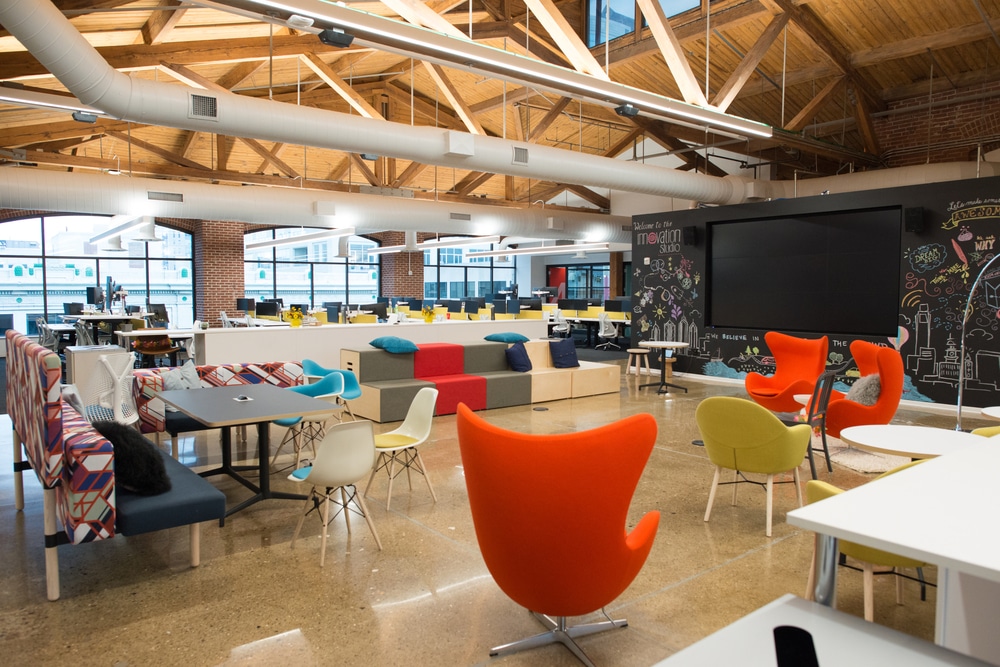What seemed to many like a temporary shift to remote work in the wake of the COVID-19 pandemic has stretched out for almost a year, with no end in sight. As companies look deep into 2021 when considering when and even if to bring staff back to the office, it’s important for companies to be aware of employee sentiments toward remote work and back-to-office plans.
For Some, Remote Work May Be Forever
In early October 2020, Microsoft, Target, Ford Motor, and The New York Times announced they’ve postponed the return of in-person work to next summer, and we can expect other companies to follow suit as we approach the arbitrary end-of-year deadline many gave themselves.
Some companies are even suggesting they may extend work from home indefinitely.
How Employees Feel About Remote Work
A recent data report looked at employee preferences when it comes to remote vs. in-person work. Below are some specific statistics that might be helpful to companies, managers, and HR teams looking at whether and when to bring staff back to the office:
- 11% of employees said they want to work exclusively from the office post-pandemic; 89% prefer a partly remote setup.
- 35% of employees would not work for a company without flexible working options.
- The average employee wants to be able to work remotely at least 2 days a week.
- Demographic differences:
- Men are almost twice as likely as women to want to return to a full week in the office (22% vs. 13%).
- Older employees are much more likely to want to work from home, with 92% of respondents over 51 saying so vs. 56% of 18- to 30-year-olds.
- 89% of U.K. office workers want to work remotely vs. 65% of American workers.
- Employees working in accountancy and finance are twice as likely as people in sales and marketing to want to work exclusively in an office post-pandemic—17% vs. 9%, respectively.
The flexibility to work remotely has been a much sought-after perk by employees for years. The COVID-19 pandemic has forced employers to adopt such policies on a massive scale.
As one might expect, now that staff have had a taste of this freedom, many are not keen to go back to the office. It’s important for employers to understand these sentiments and the potential impacts on morale, recruitment, and retention moving forward.
The post Survey Demonstrates Importance of Post-COVID Workplace Flexibility appeared first on HR Daily Advisor.
